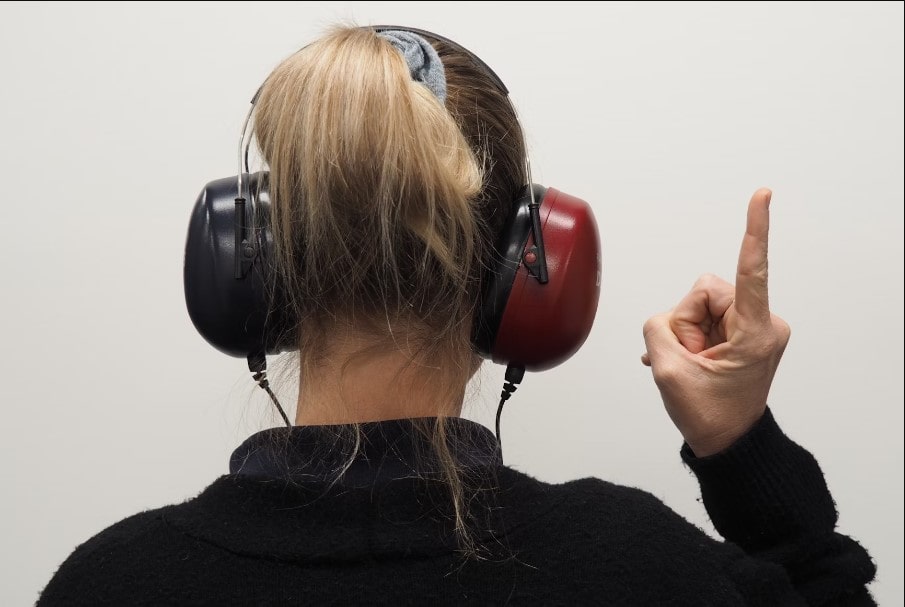Before we begin, here’s some information: Around one in eight people, or approximately 30 million Americans, have hearing loss in both ears, and about 25 million Americans have experienced tinnitus. These conditions cause poor quality of life, leading to social isolation, depression, and, in the worst case, cognitive decline.
The intention of this article is to equip you with knowledge to combat the silent epidemic of severe hearing loss and tinnitus. By demystifying the causes of hearing loss and taking charge of your hearing health, you can safeguard your ability to connect, learn, and thrive.
The Hidden Threat: Ototoxic Medications and Your Hearing
Ototoxicity is a lesser-known but severe threat to hearing health. The condition refers to damaging effects caused by certain medications on the inner ear, causing hearing loss, tinnitus, or both. While Ototoxicity is often temporary, in some cases, it could be permanent and life-altering. Let’s take a look at some common medications that cause hearing loss.
Tepezza (Teprotumumab)
According to TorHoerman Law, this medication used to treat thyroid eye disease or TED has been linked to potentially permanent hearing loss or tinnitus. The medication has even been known to trigger autoimmune reactions in the human body.
Due to the partial or permanent hearing loss caused by the medication, a Tepezza lawsuit has been filed against Horizon Therapeutics, the manufacturer. Plaintiffs claim that the brand failed to adequately inform patients about the potential risks associated with the medication. According to the latest update, there are currently 120 Tepezza lawsuits.
Aminoglycoside Antibiotics
Another medication known to cause hearing issues is Aminoglycoside Antibiotics. These antibiotics are used to treat bacterial infections. More recent research has shown that up to 57% of children treated with aminoglycoside experienced hearing loss. This happens because these medications are known for damaging the hair cells in the ear.
Loop Diuretics
These are prescription medications to treat high blood pressure and heart conditions. These diuretics are known to affect electrolyte balance and cause temporary or permanent hearing issues in patients.
Chemotherapy Drugs
Specific chemotherapy treatments have been proven to damage the auditory nerve, leading to hearing impairment. According to the National Cancer Institute, over 50% of cancer survivors treated with chemotherapy experienced severe hearing loss and tinnitus after treatment.
The Noise Around Us: The Unseen Danger of Noise-Induced Hearing Loss (NIHL)
Noise-induced hearing Loss (NIHL) is one of the most common causes of sensorineural hearing loss and affects around 5% of the world population. NIHL occurs when constant exposure to loud sounds damages the hair cells in the inner ear. These cells convert soundwaves into signals for the brain to intercept.
It’s a common misconception that loud noises are restricted to industrial settings. However, this isn’t far from the truth, as NIHL can be caused by workplace noise, concerts and events, and personal listening devices like headphones used at high volumes for an extended period.
The most insidious aspect of NIHL is its cumulative nature. Every exposure to loud noise, no matter how brief, contributes to overall damage. Over time, repeated exposure can lead to permanent hearing loss. To prevent NIHL, wear ear protection in noisy environments, limit exposure time by taking breaks in quiet areas, and get regular hearing checks.
The Natural Progression: Age-Related Hearing Loss (Presbycusis)
Age-related hearing loss is called presbycusis, a common condition that affects one in three people aged 65-74 and almost half of those aged 75 and above. While no single cause of presbycusis is known, it’s believed to be caused by inner ear changes caused by age, genetics, and lifetime exposure to noise.
Presbycusis has no known treatment to restore hearing. However, there are aids available that can help improve hearing and quality of life. These include hearing aids and cochlear implants. If you suspect you or a loved one is experiencing age-related hearing loss, consult a professional promptly and get the most suitable hearing aid, depending on the severity.
Taking Charge: Protecting and Restoring Your Hearing
Hearing loss and tinnitus can be pretty daunting, but by taking proactive steps, you can ensure your hearing health is protected to a large extent. Remember, prevention is critical, and regular hearing checkups, early intervention, and lifestyle modifications like living in a quiet place can often slow down or even halt the progression of hearing loss.
Remember that every individual’s hearing health journey is unique; consulting a hearing healthcare professional is the best course of action for your needs and hearing loss.





